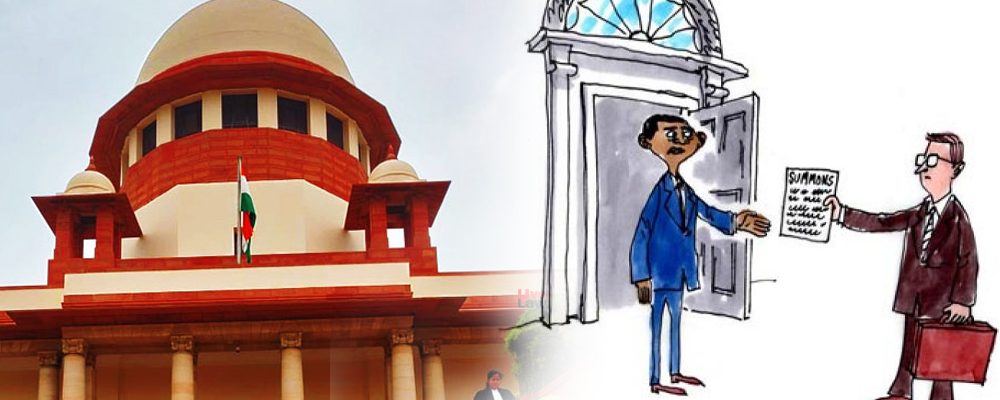Under the scheme of CPC 1908, a plaintiff who has instituted suit can take back the case till there is no intention to file a fresh case. However, the right to plaintiff in this regard is dependent on other factors when there is more than one plaintiff. It is the general rule that when the person to whom the suit belongs withdraws the suit, the court dismisses the same which adversely affects the interests of other plaintiffs involved in the suit.
Right to Withdraw:
Order 23 of CPC governs rules pertaining to withdrawal of case by Plaintiff. As per Order 23, Rule (1) of CPC, the plaintiff may abandon his suit or any part of his claim anytime after institution of suit. In Anil Dinmani Shankar Joshi V. Chief Officer. The moment an application is filed under Rule 1 of Order 23, withdrawal of suit is complete and the same is not dependent on court’s order.
Court’s permission is only required if in case the plaintiff desires to institute a fresh case for the same cause of action.
Need A Legal Advice
The internet is not a lawyer and neither are you. Talk to a real lawyer about your legal issue

Conditions of Withdrawal:
- Consent of Co-Plaintiff:
Order 1 Rule 1 of CPC provides that all persons whether jointly or severally or in alternative having any right to relief in respect of the same act, series of act or transactions may be joined as one suit as Plaintiffs. All the Parties are referred to as co-plaintiffs.
Rule 1(5) provides that in case of multiple plaintiffs any single plaintiff shall not be allowed to withdraw the suit.
In Kasturi Lal Jain & Ors. V. Madan Lal Jain & Ors., it was held by Delhi high Court, “court should not have allowed two plaintiffs to withdraw a suit on behalf of all the plaintiffs and should have served a notice on the other plaintiffs who did not consent to such withdrawal.”
- Consent not required when cause of action of withdrawing plaintiff is separate:
Order 23, Rule 1(3) of the CPC provides that if a plaintiff wishes to withdraw the suit with intention to institute a fresh suit in respect of the subject-matter of such suit, then such plaintiff must seek the permission of the court in its application for withdrawal.
Further, Order 23, Rule 1(4) of the CPC mentions that if the plaintiff withdraws the suit without the leave of the court under Order 23, Rule 1(3) of the CPC, then the plaintiff shall not be allowed to institute any fresh suit in respect of such subject-matter.
- Consent of Co-Plaintiff, even if fresh suit is not intended:
In Baidyanath’s case it was held that, “Nothing in this rule shall be deemed to authorise the Court to permit one of several plaintiffs to withdraw without the consent of the others.”
Effect of Withdrawal on Plaintiff:
In case the plaintiff is forced to continue the suit, the presence of the defendant in the suit is mandated only when essential adjudication of disputes is required. Defendant is left with the only job is to wait till the court arrives at the correct conclusion.
Plaintiff who is willing to withdraw the suit only suffers waste of time and money. Withdrawing Plaintiff may not be compensated by co-plaintiff in form of money especially if their consent is missing.
Lead India helps you with the free legal advice and you can connect with expert lawyers to ask a free question and we can guide you for withdrawal in case the consequences you will be going through.





 Talk to a Lawyer
Talk to a Lawyer